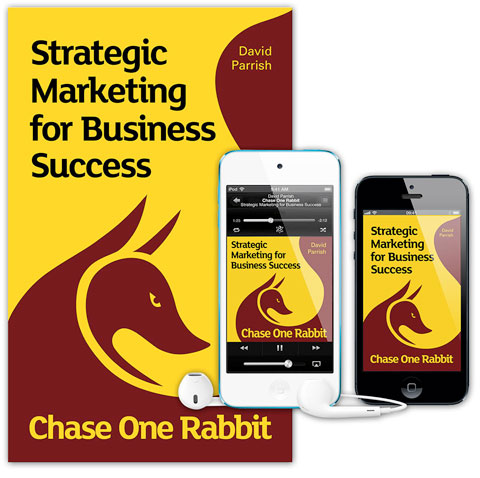“Follow the love” is a useful tactic for managers in the arts and cultural industries during the COVID-19 crisis.
What do I mean? Our relationships with audiences, customers and communities (as well as funders and sponsors) is at the heart of any arts business. We have built relationships with each of these, sometimes over several years, so they have come to know, like and trust us. Like good friends, they matter even more in a crisis.
As a response to COVID-19, many arts and cultural enterprises are diversifying into new products and services, either temporarily or (in some cases) permanently. As we do this we need to test new products and services, to get rapid and clear feedback. Existing customers can help us with this. Furthermore, they can spread the word to new customers. In a way, your established customers are your most effective “marketing department”. One good customer leads to another, then another, through ‘word of mouth’ marketing, literally and digitally. Their love for us (well, at least our creative products and services) spreads through these connections. We should follow this love because it’s far easier to win a new customer through a personal recommendation of a happy client than to convert a cold prospect.
This extract from my marketing book has been published free of charge during the COVID-19 crisis.
(This is Section 44. Some other 63 sections are also published here.)
‘Chase One Rabbit: Strategic Marketing for Business Success. 63 Tips, Techniques and Tales for Creative Entrepreneurs’ is available as an eBook, Audiobook and Paperback.
Follow the love
When I was small, my mum told me: ‘It’s not what you know, it’s who you know that matters’. In my early 20s I founded a business and, of course, undertook some advertising and promotional activity. Later, I managed other businesses including an international book distribution and marketing company. Then I went to business school, read lots of marketing books and was enchanted by complex marketing strategies and theories. Some of them I put into practice. Now, many years later, I’ve come full circle, back to the conclusion that in many respects, it’s not what you know, but who you know that matters.
Despite all the fancy marketing communications techniques, business is fundamentally about the connection between people. Corporations don’t do business and brands don’t do business. It’s people that do business.
In order to do business with you, people need to know, like and trust you. Of course, the degree to which this is true varies with the type of business. For a completely impersonal business, perhaps one in which the transactions are online without any personal communication whatsoever, then it doesn’t matter. However, if some kind of personal relationship is needed to deliver the product, it does matter. And so this applies to the vast majority of services, and also to products where the customer is in some way involved. It matters greatly if the transaction involves personal communication with the client.
If your business is in any way personal, it needs customers to know, like and trust you. This is best conveyed by other customers who recommend you by word-of-mouth, or testimonials, or by other means. In these circumstances, your most valuable promotional asset is your customer base, the people who already know you, like and trust you – and have actually seen you deliver the goods. These people can authentically advertise how good you are, in a much more believable way than anything we could ever say about ourselves.
Use these relationships.
Actually ask customers to recommend you. Reward them as appropriate. This could be a matter of offering them a commission on new work they recommend, but sometimes this isn’t necessary, and could even be counter-productive. Usually, a sincere thank you or a small gift for helping you win a new customer is all that is required to repay the favour and encourage further recommendations.
In discussing this issue with one of my consultancy clients, in which I emphasised the need to use satisfied customers to win new business, Stella said, ‘So David, what you’re saying is “follow the love”?’ Actually, that’s not the way I would have expressed it, but she was absolutely right.
Follow the love!
Key Points
It’s all about people, really. People need to know, like and trust you if your business relates to customers in a personal way. Happy customers can lead you to new customers.
What to do next
• Use the relationship you have with customers who love you. Follow the love.
• Ask happy customers to recommend you to other potential customers.
UPDATE. This book section can be used as part of COVID-19 Diversification Strategies (more…)
‘Chase One Rabbit: Strategic Marketing for Business Success. 63 Tips, Techniques and Tales for Creative Entrepreneurs’ is available as an eBook, Audiobook and Paperback.
In this short video, Jan Peters of USP Creative highly recommends this part of the book (section 44).
